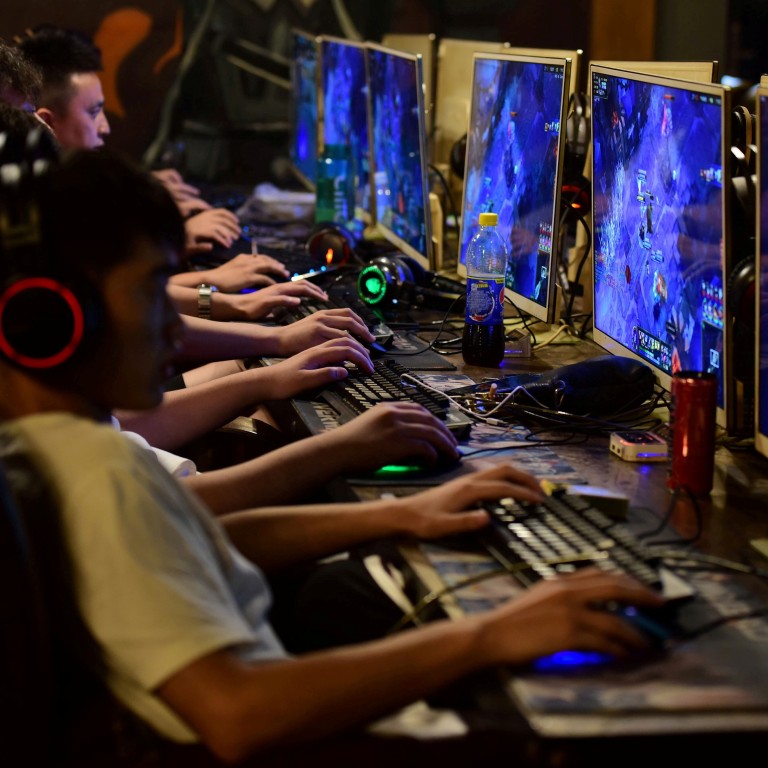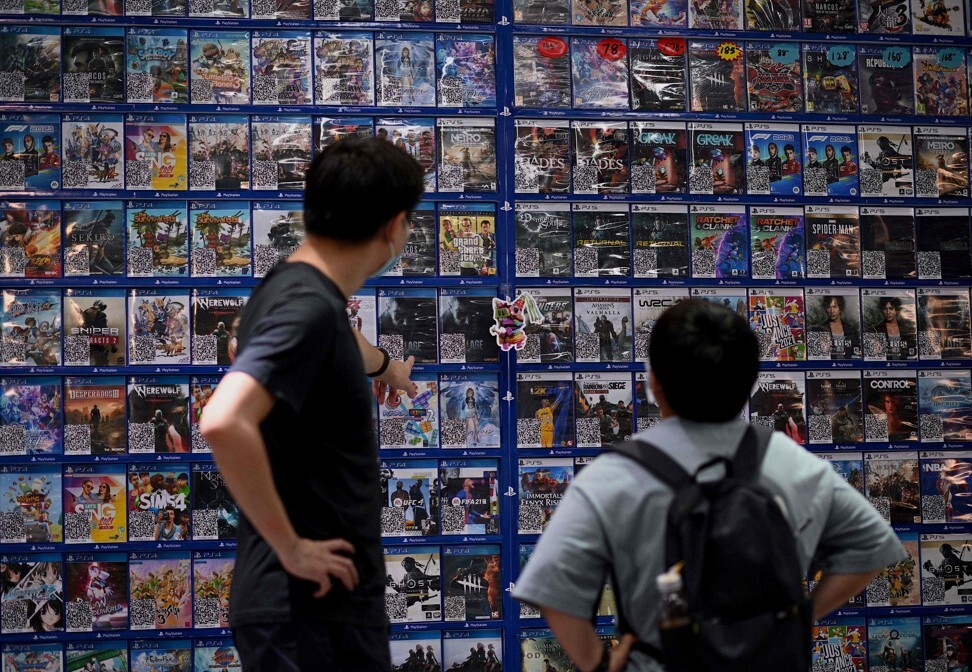
China’s tightened limits for kids’ gaming time raise questions about tolerance for foreign platforms, VPNs
- The new rule is expected to steer young people to find alternative platforms on which to play without restriction
- The grey area for video gaming in China remains significant, as many consumers play unlicensed games on international platforms such as Steam
The new rule, however, is expected to steer young people to find alternative platforms on which to play without such restriction.
“Gamers will find a way,” Lee said. “If a domestic solution is impossible then you cannot fault consumers from looking outwards.”

The scope of China’s new rule does not cover the grey market, according to Lisa Cosmas Hanson, founder and president of Asian video games market research firm Niko Partners.
“For gamers operating in a legal grey area such as Steam, we think [the new rule] does not have much of an impact,” she said, adding that many players on these platforms are adult gamers who are not the target of the latest restriction.
Founded in 2003, Steam has been providing thousands of unlicensed online games to users in China for years even though it is not officially approved by the Chinese government. The site had more than 30 million users in China as of 2018, according to Niko Partners.
China limits gaming time for under-18s to one hour a day on weekends only
Chinese video game industry veteran Charlie Moseley, founder of hobbyist group China Gaming Federation, is sceptical about the enforcement of the new rule.
“I wonder how capable China‘s administrators will be at enforcing [the new restriction]”, Moseley said. “Will they really crack down, or will they allow grey and black markets to meet the demand?”
While access to foreign video games in China has become more restricted in recent years, the demand for gaming virtual private networks (VPNs) has also increased.
Niko Partners’ Hanson said she believes that China’s grey market for gaming will remain active, despite the new restriction, because of the wide popularity of gaming VPNs.

02:28
Tencent narrows kids’ playing time on video games labelled ‘spiritual opium’ by Chinese state media
Video game restrictions have long been loosely enforced in China, where imported gaming consoles and titles remained widely available to consumers even during a 15-year ban that ended in 2015.
For years, many gamers in mainland China played bootlegged games on consoles that were smuggled or shipped in by parallel importers from Hong Kong and other markets.
Even though Sony, Microsoft and Nintendo established their respective games console businesses on the mainland in 2015, the number of consoles sold in the country’s grey market were nearly triple those sold in the regular market in 2018, according to Niko Partners. Bootlegged games have also remained popular with many gamers in the country.
China’s love-hate relationship with video games puts sector in stormy waters
Others, however, predict Steam and other alternative platforms used by mainland gamers will inevitably face regulatory action.
Beijing’s new rule and its overall stance against video gaming has frustrated the industry, according to Hexing Global’s Lee.
“It wasn‘t that long ago that the regulators voiced support for the gaming industry and the global positive attention on China’s gaming industry and community,” Lee said. “To regress like this, to stigmatise gaming, is a jarring mismatch in messaging considering the time frame.”

